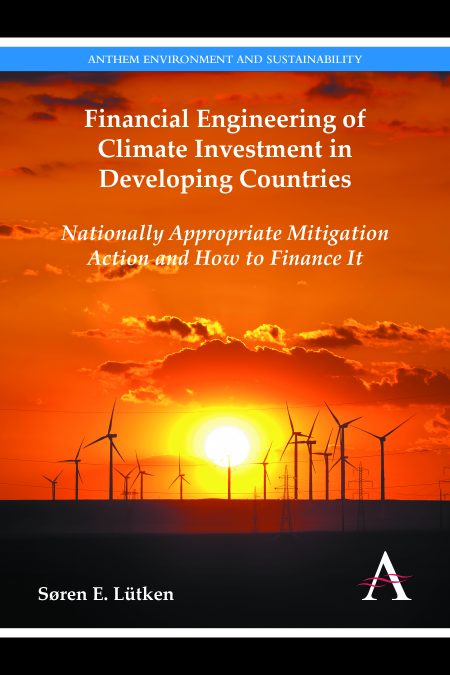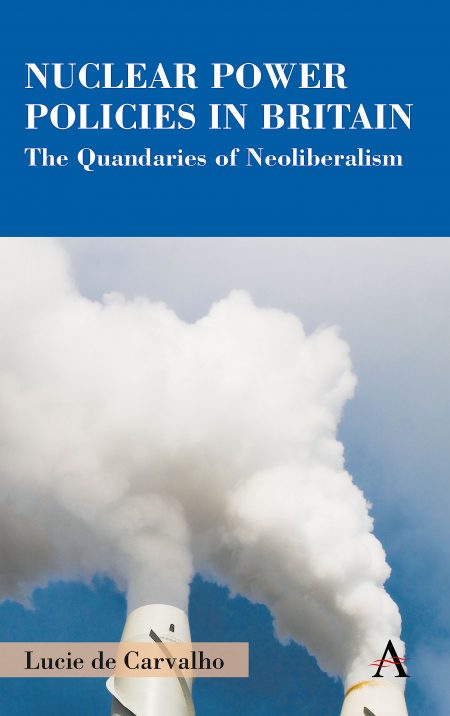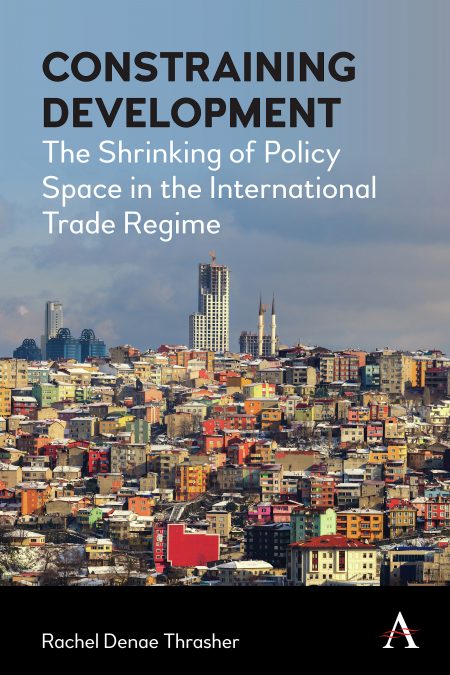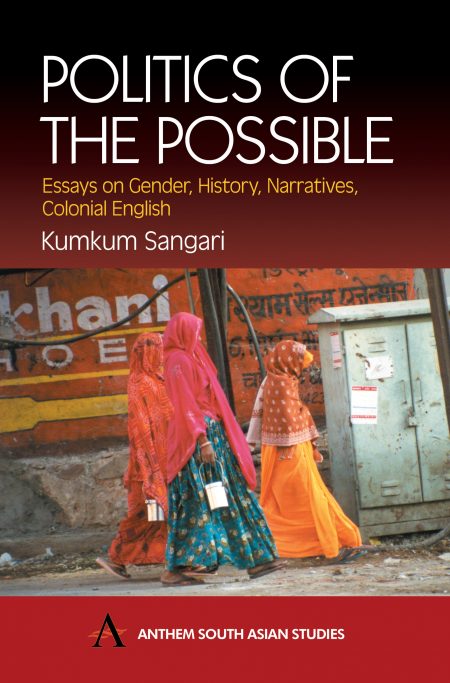Politics of the Possible
Essays on Gender, History, Narratives, Colonial English
Title Details
- ISBN: 9781843310518
- January 2002
- Pages: 512
- Imprint: Anthem Press
This collection of essays covers a broad range of disciplines to produce a work that rethinks relationships and divisions in gender, geography, class relations, culture and much more to create a true ‘politics of the possible’.
Broadly emphasizing forms, ideologies and class relations, Sangari’s essays crisscross and cohere around several themes: the politics of social location and the connection between local, metropolitan and colonial geographies as they bear on debates about the nature of knowledge; the transnational and regional production of ideologies such as altruism under the aegis of colonialism; ways of theorizing women’s labour, literacy and consent to patriarchal arrangements and dominant ideologies.
Sangari’s analysis of Indian English and the relationships between ‘literature’ and the non-literary change, the way we consider the divisions between the metropolitan and the sub-continental. In her discussion of capitalism and colonialism, her egalitarian feminist viewpoint opens up and questions issues of cultural autonomy and hybridity. She also critiques the impact of race, caste, class, religion and misogyny on patriarchal ideology and its effect on women.
The ‘politics of the possible’ mapped by these essays presents itself in several areas: as a more sensitive feminist historiography; as the social potential for secular activity in seemingly impossible situations; in the historical possibilities that were offered by situations not doomed to inevitable outcomes; and as the elements of resistance produced by the contradictions of different structures of oppression..
Kumkum Sangari teaches English at Indraprastha College, Delhi University and is presently a Fellow at the Centre for Contemporary Studies, Nehru Memorial Museum and Library.
Preface; Between the lines: an introduction; Politics of the Possible: or the perils of reclassification; Of ladies, gentlemen, and the ‘short-cut’: or choosing unfreedom; ‘Not knowing, but only guessing’: a modernist resolution; Figures for the ‘unconscious’: the pressures of description; Relating histories; Women against women; The ‘amenities of domestic life’; Consent, agency, and rhetorics of incitement; Notes; Index
Related products
-
Assassination in Colonial Cyprus in 1934 and the Origins of EOKA
Reading the Archives against the Grain
Andrekos Varnava
January, 2021
£24.99 / $24.99 -
Financial Engineering of Climate Investment in Developing Countries
Nationally Appropriate Mitigation Action and How to Finance It
Søren E. Lütken
June, 2014
£115.00 / $115.00 -
Nuclear Power Policies in Britain
The Quandaries of Neoliberalism
Lucie de Carvalho
October, 2022
£125.00 / $125.00 -
The Demographic Dividend and the Power of Youth
Voices from the Global Diplomacy Lab
Edited by Eirliani Abdul Rahman, ElsaMarie D'Silva, Sonja Peteranderl
February, 2021
£125.00 / $125.00 -
International Scientific Relations
Science, Technology and Innovation in the International System of the 21st Century
Francisco Del Canto Viterale
August, 2021
£125.00 / $125.00 -
Constraining Development
The Shrinking of Policy Space in the International Trade Regime
Rachel Denae Thrasher
July, 2021
£125.00 / $125.00








